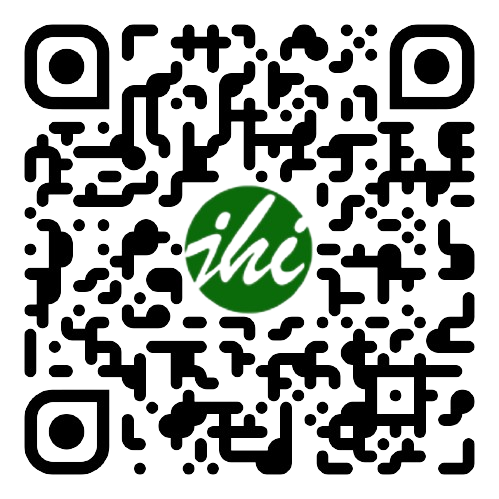Pelanggaran Masa Iddah
DOI:
https://doi.org/10.28918/jhi.v16i1.1394Abstract
This present study aims to explore various factors affecting some residents in Pasirkratonkramat village, West Pekalongan sub-district, Pekalongan city in violating ‘iddah’ (a waiting period that must be observed by women after both a divorce and death of their spouse). A qualitative approach presenting data of descriptive analytics was employed in this socio-legal study. The widows who were in the iddah, their husband, and parents participated in this research. This study reveals that all of the nine widows did not apply the iddah appropriately in relation to Islamic law and the compilation of Islamic laws. In reality, the widows were in a relationship, accepted a marriage proposal, or even married the man in the iddah. This fact was due to several factors, namely: low educational, economic, work environmental, and social (lifestyle) backgrounds. Additionally, the results have exposed that the violation of the iddah was caused by the low level of legal awareness performed in this village by regarding four indicators. First, the residents’ knowledge of this paradigm was still low. Second, the people’s understanding did not affirm the rules of iddah asserted in Islamic law. Third, they showed low level of attitudes toward the terms and conditions of iddah. Lastly, their law-based behavior distorted the principles of iddah. Therefore, the legal awareness of the people in this village was categorized into the low level.
Downloads
Published
How to Cite
Issue
Section
License

This work is licensed under a Creative Commons Attribution-ShareAlike 4.0 International License.
Jurnal Hukum Islam use a variety of waivers and licenses that are specifically designed for and appropriate for the treatment of data:
- Open Data Commons Attribution License, http://www.opendatacommons.org/licenses/by/1.0/(default)
- Creative Commons CC-Zero Waiver, http://creativecommons.org/publicdomain/zero/1.0/
- Open Data Commons Public Domain Dedication and License, http://www.opendatacommons.org/licenses/pddl/1-0/
Other data publishing licenses may be allowed as exceptions (subject to approval by the editor on a case-by-case basis) and should be justified with a written statement from the author, which will be published with the article.













.png)














